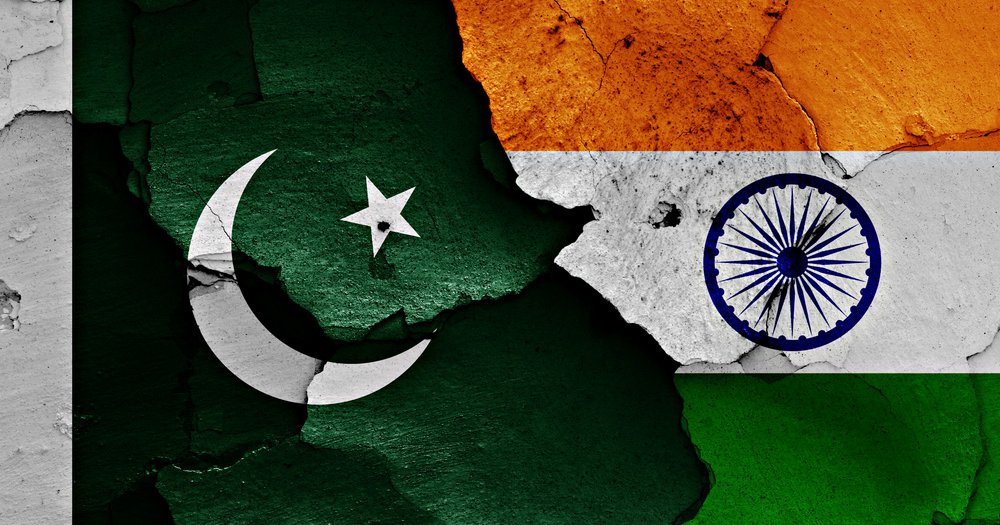
The same wine in the new bottle; this can be rightly said in the context of the appointment of ex-ISI chief Asim Munir as the chief of the Pakistani army. Asim Munir, who is known in global military and strategic circles as an unflinching hardliner, is regarded as the ‘mullah-general’ who is one of the products of the Islamisation process of the Pakistani army and an uncompromising individual as a crusader in favour of the Islamic cause.
The appointment of Munir speaks volumes about the priorities of the Pakistani military establishment. The recently superannuated army chief Qamar Javed Bajwa had in a speech articulated clearly the need to insulate the armed forces as an institution from the vagaries of domestic politics, which brought the army a bad name, but the appointment of Munir may pour cold water over such an initiative leading instead to increased meddling in the internal politics.
Further, it will have the following strategic implications with regard to India:
Uptick in terror activities
Asim Munir in a recent visit to certain military bases in Pakistan has already warned India against any misadventure vis-a-vis Pakistan. As Munir is virulently anti-India, there is little doubt that the devious terror machinery of the Pakistani army-ISI, which has had a lull over the past one year, may experience a renewed push in India. The Line of Control may become more turbulent with the possibility of more ceasefire violations thereby raising the possibility of breaking the ceasefire agreement struck between the two sides in February 2021.
Pakistan under General Munir can push more terrorists inside India with an attempt to infiltrate along the Punjab and Kashmir borders. Further, Pakistani attempts to send drones into India for damaging critical infrastructure may experience a spurt, particularly the attacks on military installations and increased contraband trading, particularly drugs.
Fake propaganda of atrocities being committed against Muslim citizens of India can be further aggravated in his tenure with the result that Pakistan complaining to the United Nations about India’s imaginary ‘gross human rights violations’.
Revival of US-Pak-China nexus
Pakistani diplomacy helped break the ice between the US and China during the era of the cold war in the 1970s, which led to the dreaded Pak-US-China troika producing a mortal threat to India’s security and economic interests. Such a similar thing can happen with the anointment of Asim Munir. It is widely expected among strategic circles that the path of geo-economics, which the ex-chief Bajwa underlined, would be continued but with a tinge of finding strategic depth vis-a-vis India.
The fact that Pakistan has made heavy weather of its removal from the Financial Action Task Force (FATF) grey list followed by the award of military grant worth $450 million by the US administration for upgrading Pakistani F-16 fighter jets is an indicator of Pakistan acting as a possible mediator to defuse tensions between the US and China, which are locked in geopolitical disputes over a number of issues.
Taliban conundrum
Pakistan has acquired strategic depth in Afghanistan thanks to the help it provided to the Taliban in reclaiming control of the country in August last year. This may spark the emergence of a possible terror nexus between the Pakistani terror proxies and Taliban terrorists (read the Afghan Taliban who is considered to be the good Taliban).
This may resuscitate fears of a 1990s-like ethno-separatist movement in Jammu & Kashmir notwithstanding the improved security and economic situation in the valley.
Although the Taliban has asked India to resume their work on unfinished projects, given their past track record towards Indian interests and the inclusion of several anti-India terrorists in the ‘Afghan cabinet’ there is a distinct possibility of Indian interests both economic and political being put in harm’s way in Afghanistan in particular and central Asia in general.
Conclusion
Pakistan is standing at a crossroads. It can either depoliticise the institution of the army ensuring that they are strictly limited to the function of protecting the country from internal and external threats or the army will continue to meddle in the country’s politics. For India, it is imperative that it exercises utmost caution while dealing with the military dispensation and at a time of political turbulence in Pakistan, it is best to maintain a wait-and-watch approach.
– The writer is currently working as a Research Associate at Defence Research and Studies (dras.in) and is a columnist. The views expressed are personal and do not necessarily reflect the views of Raksha Anirveda








